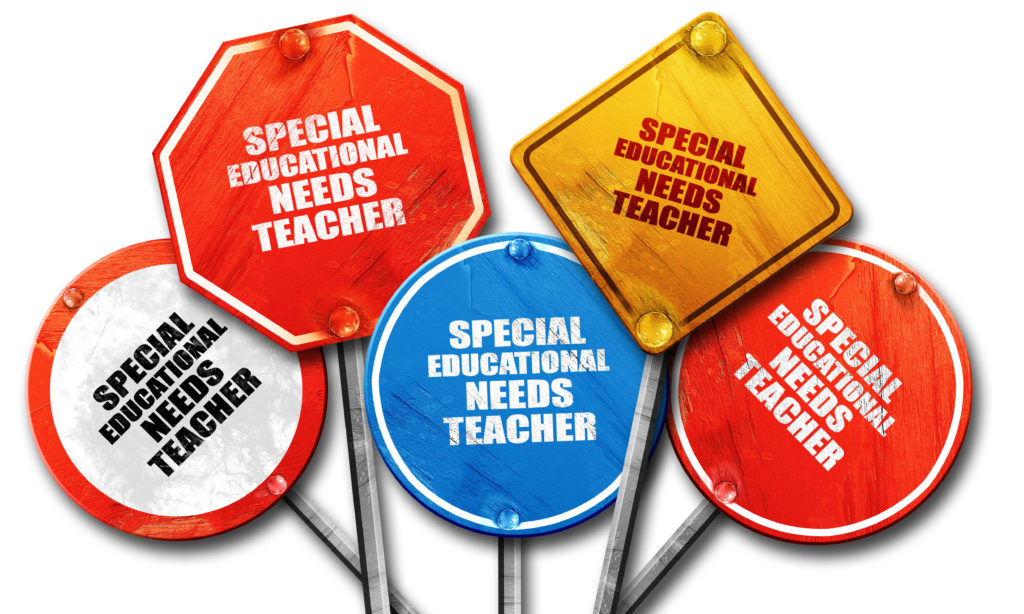
November 21, 2016
What You Need to Know About Becoming a Special Education Teacher in the U.S.A.
Ever since 1975, special education has played an important role in the U.S. K-12 educational system. As part of the Individuals With Disabilities Education Act, the U.S. federal government required all 50 states to provide special education and related services consistent with federal standards as a condition of receiving federal funds. As a result, every school and school district within the U.S. places a special emphasis on special education.
In order to become a special education teacher in the U.S, you must follow very defined guidelines that every state establishes. For example, if you are assigned to teach in California, you would need to consult the current California guidelines, and if you are assigned to teach in New York, you would need to consult the current New York guidelines. This is a slight nuance that international teachers may not recognize, but U.S. states retain an important ability to set the final rules.
As a rule of thumb, though, every state requires that you have a bachelor’s degree with an education background in special education. In some cases, states require that you have a major in special education, and in other cases, a minor in special education. You will also need to obtain licensing or certification in the state where you are planning to each. In some cases, this certification is sufficient, but in other cases, you will need to provide evidence of an advanced master’s degree in special education. Finally, you will need to complete a student teaching internship to prove you have the right skills.
Why is the U.S. so rigorous about the background and skills required to be a special education teacher? One big reason is that special education is defined very widely within the United States to mean any of a range of physical, emotional, cognitive or mental disabilities. In other words, it does not just refer to physical disabilities that might require, say, a wheelchair. It could also refer to a wide range of learning disabilities, including autism.
Another reason why having such a strong background in special education is required is because there are a number of factors that go into creating a special education experience in the United States. It starts by testing and evaluating educational needs, and then developing annual development goals and providing counseling services. So you are expected almost to be a psychologist or counselor as much as a teacher!
Within a typical U.S. secondary school, the range of services available to special education students is quite extensive, including everything from speech and vocational training to physical training and social skills training. Therefore, you must be able to master a wide range of services for special education to be approved as a special education teacher in the United States.
And there is one more important factor to keep in mind, which is what U.S. educators often refer to as the “least restrictive environment” approach to special education. What this essentially means is that all students should be educated with the same resources to the greatest extent possible. In other words, special education students are not to be treated as anomalies, and given their own school or their own class. Instead, they are to be fully integrated into the U.S. classroom experience, wherever possible.
For educators – even those not specifically trained as special education teachers – that presents its own share of challenges and opportunities. Traits such as patience, flexibility and people skills are highly prized by schools. It also means that all teachers should be well-prepared — and especially those who plan to become special education teachers within the United States
